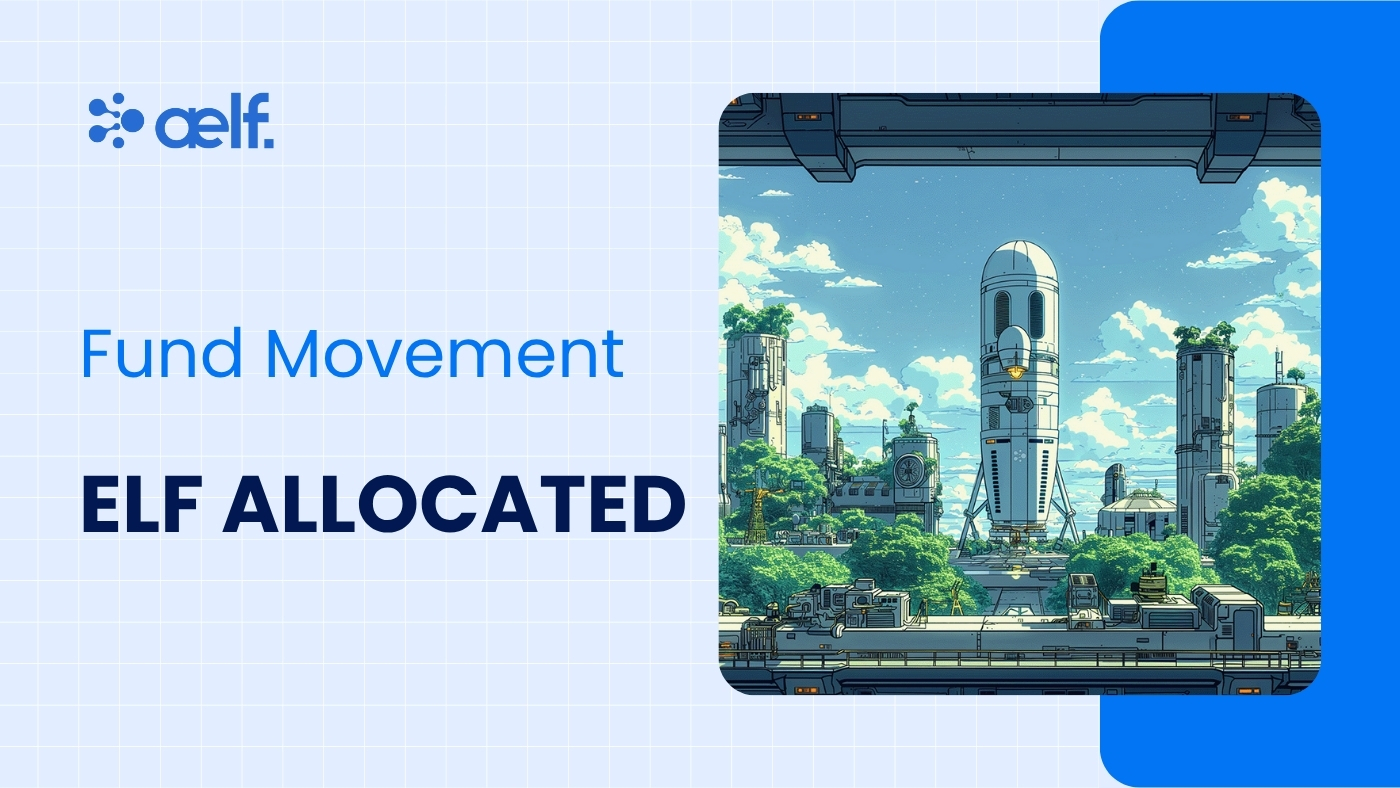The financial technology landscape is witnessing a revolutionary shift with the emergence of PayFi, a groundbreaking concept that is reimagining how we think about payments and financial transactions.
What Is PayFi?
PayFi represents the convergence of traditional payment systems with DeFi, creating a powerful new paradigm that optimises payment processes and unlocks liquidity in unprecedented ways. This model leverages blockchain technology to facilitate efficient, low-cost transactions and real-time settlements, while providing users with economic sovereignty and self-custody of their assets.
The concept was first introduced by the President of the Solana Foundation Lily Liu, based on the principle of Time Value of Money (TVM). She argued that any given sum of money now is worth more than that amount in the future as it can be used immediately for investment, income generation, or consumption, thus serving as a utility. PayFi facilitates immediate, high-stakes transactions and instant settlements, to maximise the time value of money.
PayFi vs DeFi: The Differences
While PayFi and DeFi both leverage blockchain technology, they serve distinct purposes in the financial ecosystem:
PayFi: The Payment Specialist
- Focuses specifically on transaction settlement and payment efficiency
- Maximises the time value of money through instant settlement capabilities
- Targets practical use cases like invoice financing and cross-border payments
- Bridges the gap between decentralised technology and real-world payment needs
DeFi: The Financial Ecosystem
- Provides a comprehensive suite of financial services
- Aims to democratise finance through peer-to-peer networks
- Offers diverse services from lending to insurance
- Creates new financial instruments through smart contracts
The relationship between PayFi and DeFi isn't competitive but complementary. While DeFi laid the groundwork for decentralised financial services, PayFi is applying these innovations specifically to optimise payment processes and settlement times. Together, they're creating a more efficient, accessible financial future, with room for innovation, as favoured by crypto venture capital (VC) firms.
The PayFi Advantage
PayFi has the ability to:
- Process transactions in real-time: The system allows for immediate processing of transactions, crucial for businesses in e-commerce and telecommunications, where delays could disrupt operations.
- Reduce costs by eliminating intermediaries: By bypassing traditional intermediaries, PayFi significantly reduces transaction fees from the typical 3% to as low as 0.1% to 1%.
- Enhance security through blockchain technology: All transactions are encrypted, transparent and immutable, substantially reducing the risk of fraud.
- Provide global accessibility: PayFi's decentralised design makes financial services accessible worldwide via mobile devices with internet access.
Real-World Applications
PayFi presents transformative solutions in these key areas:
- Supply chain finance: PayFi eliminates lengthy invoice payment cycles by enabling instant payments, allowing businesses to access working capital without being tied to traditional invoicing schedules. One such example is BSOS, which integrates the SAP ERP system with blockchain for quick small-scale financing.
- Global payments: PayFi has the potential to streamline cross-border payments by reducing fees and eliminating delays. Arf demonstrates this with over $1.6 billion in default-free on-chain transactions, offering 24/7 USDC settlements without requiring pre-funded accounts.
- Accounts receivable financing: PayFi could streamline capital access for SMEs by automating receivables financing and eliminating complex regulatory hurdles and lengthy risk assessments.
Looking Forward
As blockchain technology and stablecoin adoption continue to mature, PayFi is well-positioned to enhance global payments as it has the potential to address critical inefficiencies of current payment systems, with interest from Web3 VC funds.
PayFi systems deliver high-performance, low-cost transactions that can surpass traditional financial mechanisms. This positions it to fulfill blockchain's original vision of an inclusive, peer-to-peer electronic cash system.
While challenges around user experience, compliance, and security remain, PayFi stands to transform the global financial landscape by creating more liquid, adaptive markets that drive efficiency and accessibility.
*Disclaimer: The information provided on this blog does not constitute investment advice, financial advice, trading advice, or any other form of professional advice. aelf makes no guarantees or warranties about the accuracy, completeness, or timeliness of the information on this blog. You should not make any investment decisions based solely on the information provided on this blog. You should always consult with a qualified financial or legal advisor before making any investment decisions.
What's aelf Ventures?

aelf Ventures is the investment arm of aelf, a high-performance Layer 1 AI blockchain platform that offers builders and users advanced AI functionalities and cutting-edge infrastructure. With a dedicated fund of $50 million, aelf Ventures is focused on empowering Layer 1 blockchain projects and various aspects of the Web3 ecosystem, such as DeFi, GameFi, NFT, and those looking to make the transition from Web2 to Web3.
Till date, aelf Ventures has invested in projects such Crystal Fun and Confiction Labs (pka. Mythic Protocol), and is actively incubating promising ventures within the ecosystem such as Portkey, eBridge, Forest NFT Marketplace, AwakenSwap, eWell, and BeanGoTown.
Find out more about aelf and stay connected with our community:
Website | X | Telegram | Discord

.png)
.jpg)
